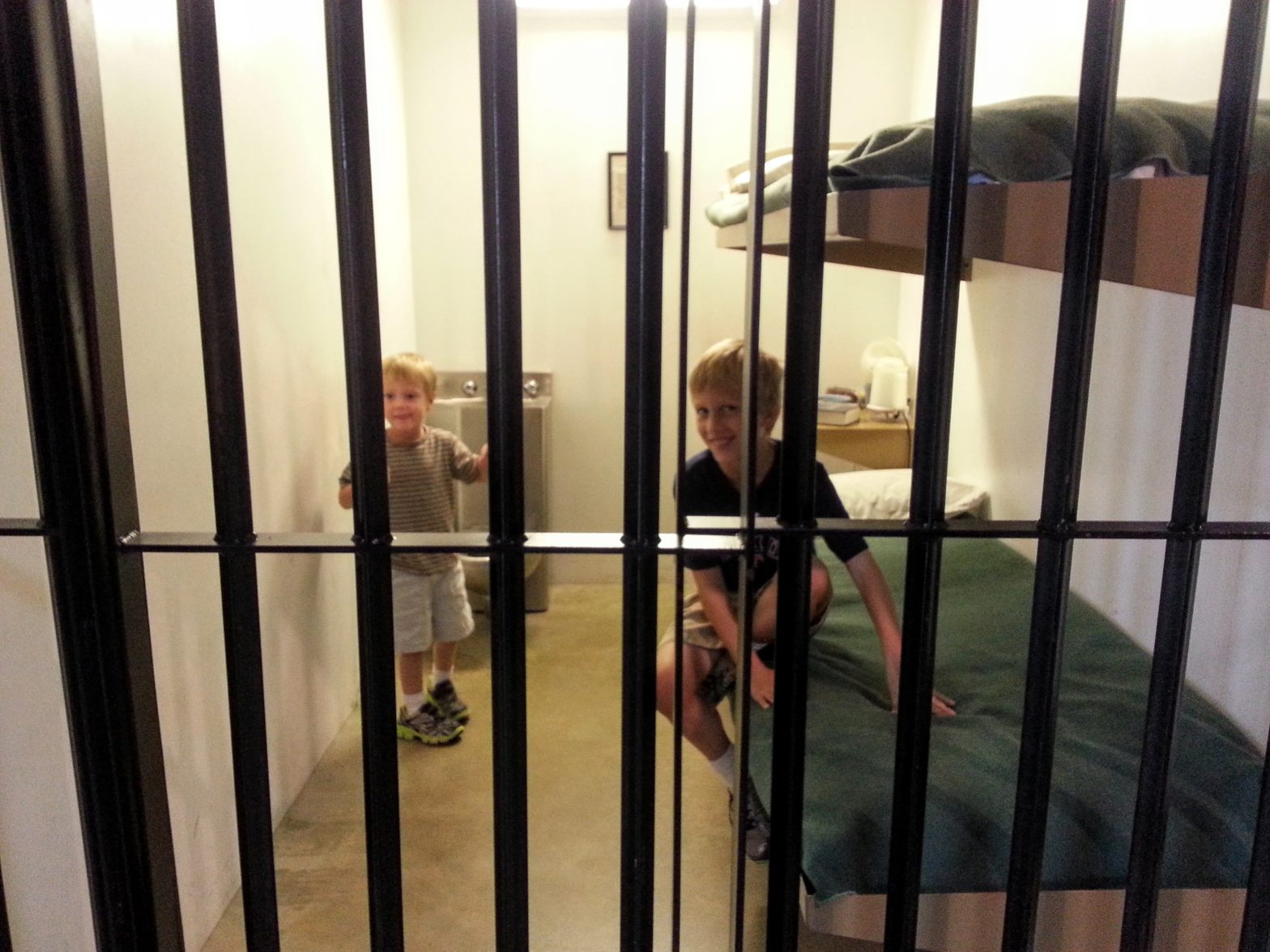While formal policy’s certainty may be appealing, it is a bad idea for Scout units. (Note: I use “bylaws” and “policy” interchangeably. I mean 1. a set of written rules that are 2. formally adopted by the adults leaders or youth leadership of a Scout unit that 3. seek to regulate a Scout unit.)
Bylaws turn the unit committee or youth leadership into a legislative body. This distracts from their main role, which is a working group.
Bylaws encourage rule-worshipping and administration. They discourage creativity and leadership.
Let me re-emphasize something: BYLAWS ARE ANTI-LEADERSHIP! Leadership is about visions and voluntary followership. Bylaws steer a unit towards a compliance regime, which suppresses leadership, instead emphasizing administration and management.
Bylaws demean volunteers and youth leaders, conveying they cannot be trusted.
Bylaws will eat you up. “But I just want one policy!” Once you let the genie out of the bottle, getting to “extensive policy” is fast: due to the golden-hammer effect, more problems will be “solved” by more policy.
Well-run units do not have bylaws. BSA already has plenty of rules and regulations. Gray areas can be managed through the lens of the Scout Oath and Law. In rare cases where these aren’t enough, documenting one’s practices are sufficient. In extremes, the chartered organization might weigh in.
Some mistakenly think Scout units need bylaws because all organizations need them. Scout units are not organizations. They are a part of their chartered organization. That, for example, is why Scout units must use the EIN of their chartered organization.1
Finally, BSA recommends against bylaws. In the Cub Scout Leader Book, 2018 edition, page 94: “Creating a set of bylaws or operating procedures is not necessary; all packs operate by the guidelines described in this manual.”
Bylaws for Scout units are counterproductive. They create costs, they don’t solve problems better than documented practices, they indicate cultural weaknesses within a unit, and they have substantial risks.
Alternatives to bylaws
OK, no bylaws or policy. What else can you do? Three things:
Use the Scout Oath and Law. Those are the best lens for working through challenges.
Use what BSA already provides. Don’t reinvent the wheel. BSA’s corpus of rules and recommendations is already bloated enough. The last thing any volunteer needs is even more rules.
Document your practices. You do not need legislation to document practices. For example, if your unit’s practice is that campout registration deadlines are the Sunday before the campout, then the camp chair might write this down in a document that’s shared with the unit.
- In various places in IRS documentation, one can find it clearly stated that each “entity” can only have one EIN. As a Scout unit is not a separate entity but is merely an operation of its chartered organization (CO), Scout units must use the CO’s EIN. That is contractually obligated of COs in the annual charter agreement. By signing that agreement, the CO agrees to allow “the unit to open a separate bank account for the Unit using the Charter Organization EIN…”. ↩︎

Leave a Reply